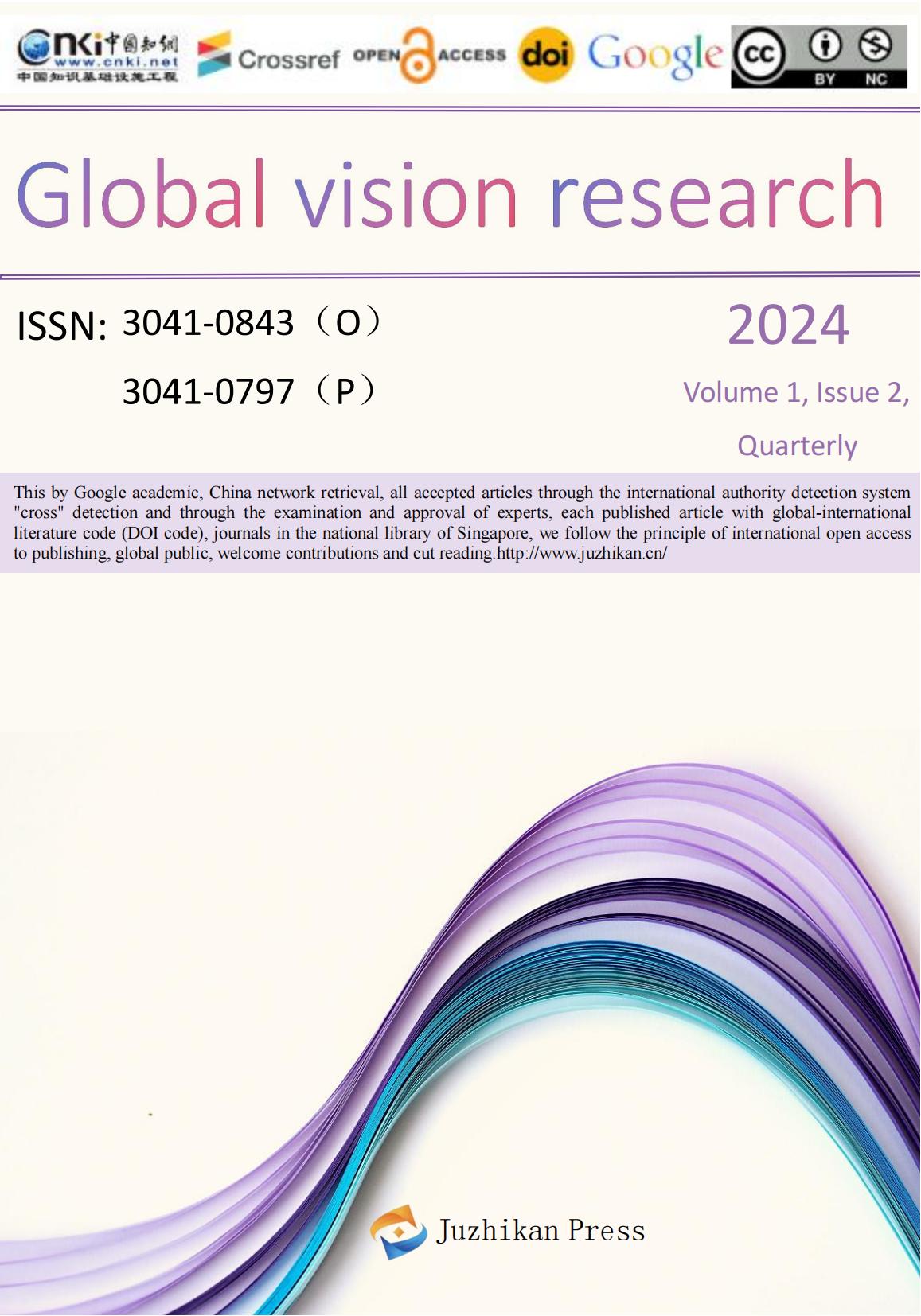 65 84368249
65 84368249 info@juzhikan.asia
info@juzhikan.asia 65 84368249
65 84368249 info@juzhikan.asia
info@juzhikan.asia
Research on the Challenges and Cultivation Pathways of University Students' Self-Leadership in the Digital Era
Wang Yue
Hunan Polytechnic of Environment and Biology , Hunan Hengyang , 421005;
Abstract:The digital era has reshaped university students' learning patterns and cognitive habits, posing new challenges to the connotation and developmental pathways of self-leadership. This study systematically explores the evolutionary mechanisms and cultivation strategies of self-leadership under the influence of digital technologies. Findings reveal that the connotation of self-leadership has expanded from traditional behavioral regulation to proactive defense against digital distractions, critical cognition of algorithmic logic, and value anchoring of virtual identities. The digital environment exhibits a double-edged sword effect: while online tools and platforms enhance self-management efficacy through goal visualization and resource accessibility, information overload, fragmented attention, and algorithmic filter bubbles exacerbate cognitive biases and weaken autonomy. The study proposes a "cognitive-technological-environmental" synergistic framework: strengthening intrinsic awareness through metacognitive training, enabling data-driven behavioral tracking via intelligent tools, constructing external support systems through home-school-community collaboration, and advocating for the integration of digital self-management into core competency assessments at the policy level. Future research should focus on intergenerational differences and cross-cultural intervention strategies to promote a dynamic balance between higher education transformation and lifelong individual development.
Keywords: Self-Leadership, Digital Era, Cultivation Pathway, University Students
References
[1] MANZ C C, SIMS H P J. Self management as a substitute for leadership: A social learning perspective[J]. 1980.
[2] MANZ C, NECK C. Mastering Self-Leadership: Empowering Yourself for Personal Excellence (3rd Edition)[J]. Prentice Hall Press, 2007.
[3] BROCKNER J, HIGGINS E T. Regulatory Focus Theory: Implications for the Study of Emotions at Work[J]. Organizational Behavior & Human Decision Processes, 2001,86(1): 35-66.
[4] STEWART G L, COURTRIGHT S H, MANZ C C. Self-Leadership: A Multilevel Review[J]. Journal of Management, 2011,37(1): 185-222.
[5] CORTELLAZZO L, BRUNI E, ZAMPIERI R. The Role of Leadership in a Digitalized World: A Review[J]. Frontiers in Psychology, 2019,10: 1938.
[6] PARK H J, KIM S. Relationship between super-leadership and self-directed learning ability in online nursing education: The mediating effects of self-leadership and self-efficacy perceptions[J]. Heliyon, 2023,9(6): e17416.
[7] AFZAL F, CRAWFORD L. Student's perception of engagement in online project management education and its impact on performance: The mediating role of self-motivation[J]. Project Leadership and Society, 2022,3.
[8] WANG X, ZHANG R, WANG Z, et al. How Does Digital Competence Preserve University Students' Psychological Well-Being During the Pandemic? An Investigation From Self-Determined Theory[J]. Front Psychol, 2021,12: 652594.
[9] PUNJANI K K, MAHADEVAN K. Transitioning to online learning in higher education: Influence of Awareness of COVID-19 and Self-Efficacy on Perceived Net Benefits and Intention[J]. Educ Inf Technol (Dordr), 2022,27(1): 291-320.
[10] ZHU X, SHEK D, CHAN C. Promoting Service Leadership Qualities and Well-Being among University Students through an Online Course during COVID-19 Pandemic[J]. Int J Environ Res Public Health, 2021,18(15).
[11] SCHWARTZ S, KANCHEWA S S, RHODES J E, et al. "I'm Having a Little Struggle With This, Can You Help Me Out?": Examining Impacts and Processes of a Social Capital Intervention for First-Generation College Students[J]. Am J Community Psychol, 2018,61(1-2): 166-178.
[12] KRKI K. Digital Distraction, Attention Regulation, and Inequality[J]. Philosophy & Technology, 2024,37(1).
[13] KIZILCEC R F, PEREZ-SANAGUSTIN M, MALDONADO J J. Self-regulated learning strategies predict learner behavior and goal attainment in Massive Open Online Courses[J]. Computers & Education, 2017,104(JAN.): 18-33.
[14] FARDOULY J, DIEDRICHS P C, VARTANIAN L R, et al. Social comparisons on social media: The impact of Facebook on young women's body image concerns and mood[J]. Body Image, 2015,13: 38-45.
[15] ZEIDAN F, JOHNSON S K, DIAMOND B J, et al. Mindfulness meditation improves cognition: evidence of brief mental training.[J]. Consciousness & Cognition, 2010,19(2): 597-605.